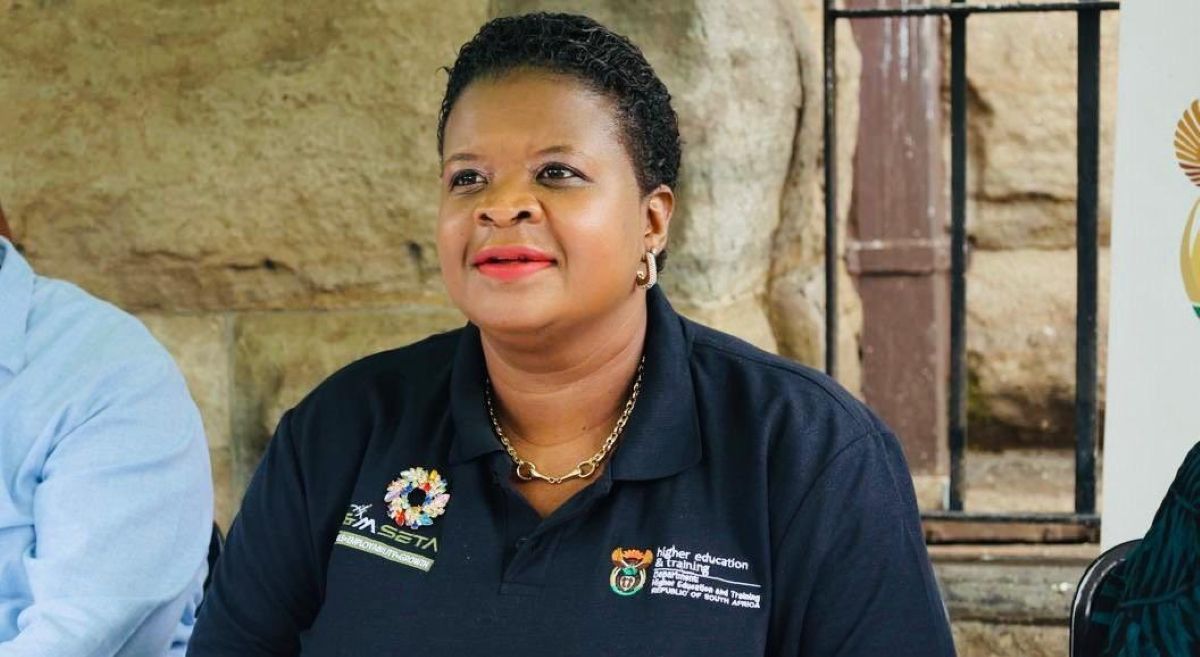Deputy Minister of Higher Education and Training, Dr Mimmy Gondwe, has raised the alarm over Durban’s increasing number of unregistered private colleges. She warned that these institutions exploit students and their families by offering unaccredited qualifications that prevent graduates from securing employment.
“Some of these learners are the only hope for their families. Their parents invest in their education, expecting them to gain legitimate qualifications and successful careers,” Gondwe said during the Bogus Colleges Awareness campaign in Durban.
“Now, if a learner studies via a bogus college, they are effectively robbed of an opportunity to gain a legitimate qualification and employment opportunities. It is also robbing the student and their parents of hard-earned money”
KwaZulu-Natal has the second-largest student population in South Africa after Gauteng, making it a hotspot for illegal institutions. Many unregistered colleges operate in Durban’s inner city, misleading students into paying for unaccredited programmes not valued in the job market.
Collaboration to Protect Students against bogus colleges
The awareness campaign, led by Gondwe, involved the eThekwini Metropolitan Municipality, the Department of Employment and Labour, and the Department of Home Affairs. The initiative aims to educate students about legal higher education options and hold fraudulent colleges accountable.
Councillor Nkosenhle Madlala, Chairperson of the Governance and Human Capital Committee in eThekwini, emphasised Durban’s role as a university city.
“We have a responsibility to ensure that the thousands of people who come to our city to access higher education register with recognised and legal institutions,” he said.
Durban is home to major institutions such as the University of KwaZulu-Natal, Durban University of Technology, and Mangosuthu University of Technology, as well as numerous TVET colleges and private institutions.
As part of the campaign, officials visited several private colleges in Durban’s city centre. While some were registered with the Department of Higher Education and Training, compliance issues were flagged, including concerns about fee payments and a lack of refund policies. Students shared frustrations about financial losses and uncertainty regarding their qualifications.
Ensuring Compliance in Private Education
Gondwe reaffirmed the government’s commitment to protecting students from fraudulent institutions while recognising the role of private higher education.
“They are allowed to operate, but they have to operate within lawful parameters,” she stated.
“Their programmes must be accredited by quality assurance bodies such as Umalusi, the QCTO, and the Council on Higher Education.”
Government officials have pledged to assist affected students and take action against non-compliant institutions.
Do you think stricter regulations will be enough to eliminate bogus colleges, or should the government take stronger action?
Let us know by leaving a comment below or sending a WhatsApp to 060 011 021 1.
Subscribe to The South African website’s newsletters and follow us on WhatsApp, Facebook, X and Bluesky for the latest news.
